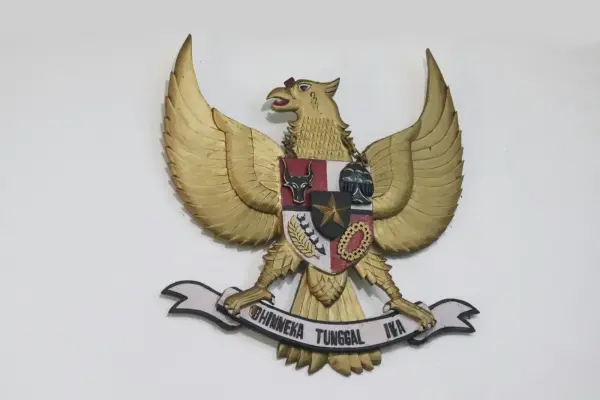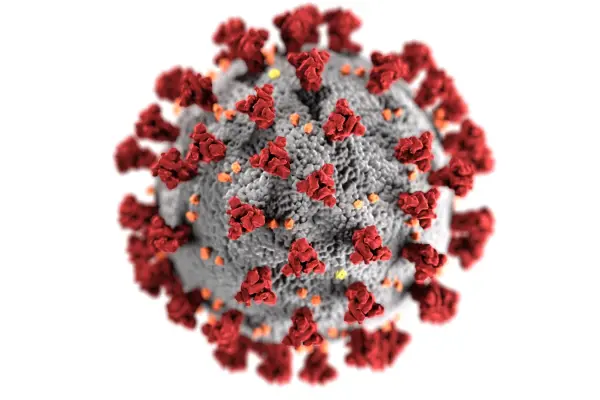Drug-Smuggling Cat Caught at Pococí Prison
Late on the evening of May 24, 2025, prison guards at Pococí detected suspicious movement near the perimeter of the facility. A black-and-white cat was seen attempting to leap over the barbed wire atop the prison wall. Upon closer inspection, officers noticed a bulge on the animal's back. The cat's body was tightly wrapped with industrial tape securing plastic packages containing 230 grams of marijuana and 67 grams of crack cocaine, which were immediately confiscated and identified by authorities.
Emerging Modus Operandi in Drug Smuggling
According to Costa Rica's Ministry of Justice and Peace, this represents an increasingly common tactic within the nation's penal system. Since 2015, dozens of similar cases have come to light where animals—including cats, pigeons, and chickens—have been trained to carry illicit drugs to circumvent prison guards. A ministry spokesperson remarked that while this strategy showcases the ingenuity of traffickers, it also reflects cruelty, as animals are forced to transport dangerous substances against their will.
Animal Welfare and Ongoing Care
The cat intercepted at Pococí is currently under the care of the National Animal Health Service, where veterinary teams are assessing any internal injuries that may have resulted from the weight of the packages and tape. Officials suggest that, pending recovery, the animal will be placed in an appropriate adoption program to ensure its well-being.
Investigation and Smuggling Network
Preliminary investigations suggest that inmates within the facility may have conditioned the cat by providing food incentives, encouraging its repeated movement in and out of the compound. Drug traffickers outside the prison attached the packages and compelled the cat to breach the security barrier. When the animal became entangled in the barbed wire, guards promptly discovered and confiscated the narcotics.
Similar incidents have been recorded elsewhere: in Panama’s Nueva Esperanza Prison in Colon, a white cat was caught in April 2021 attempting to deliver methamphetamine, cocaine, and marijuana. In both Russia and Sri Lanka, cats have been used in narcotics smuggling. Notably, in August 2020, a cat at the Welikada Prison in Sri Lanka was seized carrying nearly two grams of heroin and two SIM cards.
Enhanced Security Measures and Ethical Considerations
In response, Costa Rica's Ministry of Justice and Peace plans to bolster prison wall surveillance by increasing night patrols across all facilities. Collaborative efforts with the National Animal Health Service and NGOs will ensure ethical and lawful treatment of animals involved in drug trafficking cases. Additionally, the Costa Rican Prison Oversight Commission will establish a dedicated investigative unit to monitor the use of animals in narcotics smuggling and to dismantle the networks exploiting such unexpected methods around detention centers.
Sources
- https://www.thesun.co.uk/news/35045320/cat-crack-cocaine-smuggle-drugs-prison
- https://www.thedailybeast.com/drug-smuggling-cat-apprehended-in-costa-rica
- https://nypost.com/2025/05/24/world-news/drug-smuggling-cat-carrying-230-grams-of-pot-and-67-grams-of-crack-caught-sneaking-into-costa-rican-jail
- https://timesofmalta.com/article/cat-caught-smuggling-crack-cocaine-into-panama-prison.865287







